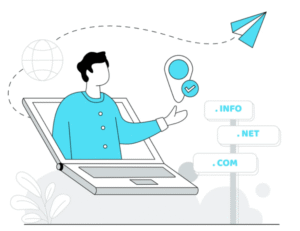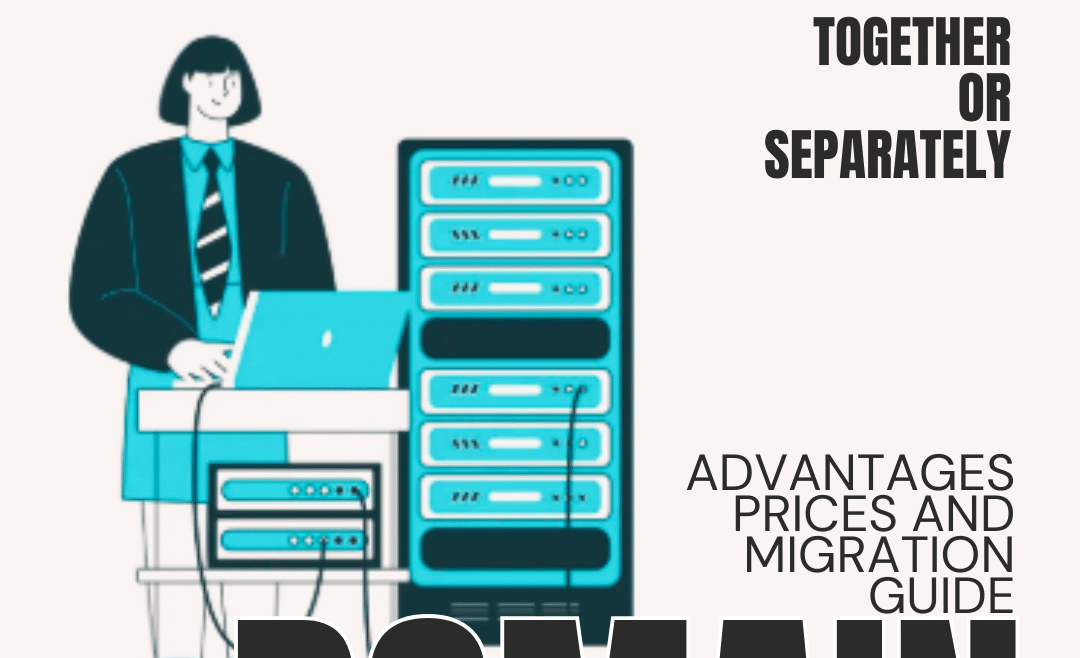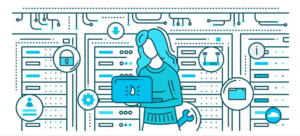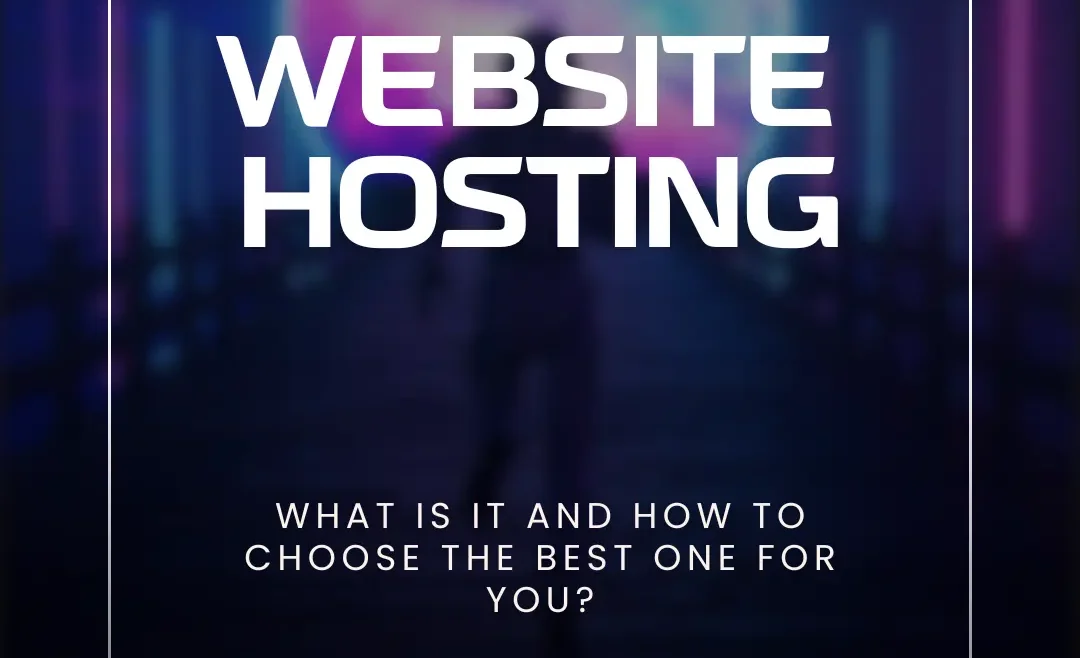Should You Get Domain and Hosting Together or Separately? Advantages, Pricing, and Migration Guide
Domain and Hosting: Should You Get Them Together or Separately?

How to choose a domain and hosting
A common question is whether you should get your domain and hosting from the same company. Let’s look at the pros and cons:
Domain and hosting together or separately? Learn the advantages, pricing, and keys to a successful migration. A helpful guide from Solidify Web.
Advantages of Getting Them Together
-
Centralized Management: Everything in one control panel.
-
Easier Setup: No need to change DNS servers.
-
Unified Support: A single point of contact to resolve issues.
Advantages of Getting Them Separately
-
Flexibility: You can change hosting without affecting your domain.
-
Specialization: Choose the best provider for each service.
-
Security: If you have issues with one, it won’t affect the other.
-
Better Negotiation: You may get better prices by not being tied to a single company.
Recommendation
For most small and medium-sized projects, getting both services from the same provider simplifies management. However, for larger or critical projects, it may be better to separate services with specialized providers.
How Much Does a Domain and Hosting Cost in 2025?
Costs vary depending on your needs:
Domain:
-
Standard domains (.com, .net, .org): $10 – $20/year
-
Premium or specific domains (.app, .io): $20 – $50/year
-
Country-specific domains (.es, .mx, etc.): $5 – $25/year

Hosting:
-
Shared hosting: $3 – $10/month
-
VPS: $15 – $50/month
-
Dedicated server: $80 – $300/month
-
WordPress hosting: $5 – $30/month
-
Cloud hosting: Usage-based, starting at $10/month
WHAT YOU NEED TO KNOW ABOUT HOSTING
Where Is It Worth Investing More?
-
Personal sites or starter projects: Quality shared hosting may be enough.
-
Established businesses: VPS offers a good balance of performance and cost.
-
Critical or high-traffic projects: Invest in a dedicated server or robust cloud solution.
💡 Remember: the cheapest hosting might cost more in the long run due to poor performance and user experience.
Step-by-Step Guide to Migrating Your Domain and Hosting to Another Provider
1. Preparation
-
Back up your current website completely.
-
Document all configurations (DNS, email, databases).
-
Plan migration during low-traffic hours.
2. Hosting Migration
-
Transfer all files to the new server.
-
Import databases.
-
Configure apps and services.
-
Test everything in a staging environment.
3. Domain Migration
-
Start the domain transfer with the new registrar.
-
Update DNS servers to point to the new hosting.
-
Keep in mind DNS propagation can take up to 48 hours.
4. Post-Migration Verification
-
Ensure all pages are working properly.
-
Verify email and other related services.
-
Monitor performance in the following days.
FAQs
What’s the difference between a domain registrar and a hosting provider?
A domain registrar manages your website’s name. A hosting provider stores your site’s files on a server. Some companies offer both services.
Do I really need an SSL certificate for my website?
Yes. It protects user data and improves SEO. Browsers mark websites without SSL as “not secure.”
Conclusion: How to Choose the Best Domain and Hosting for Your Website
Choosing domain and hosting doesn’t have to be overwhelming. With the right information, you can make smart decisions that benefit your digital project long term.
Remember, these choices are the foundation of your online presence. A memorable domain and reliable hosting are key investments.
🌟 Still unsure about which provider to choose?
At SolidifyWeb, we’re experts in web design, technical SEO, and secure migrations.
💬 Contact us today for a free consultation!
We share tips, trends, success stories, and recommendations to help your digital presence grow every day.
🔹 Facebook
🔹 Instagram
🔹 LinkedIn




